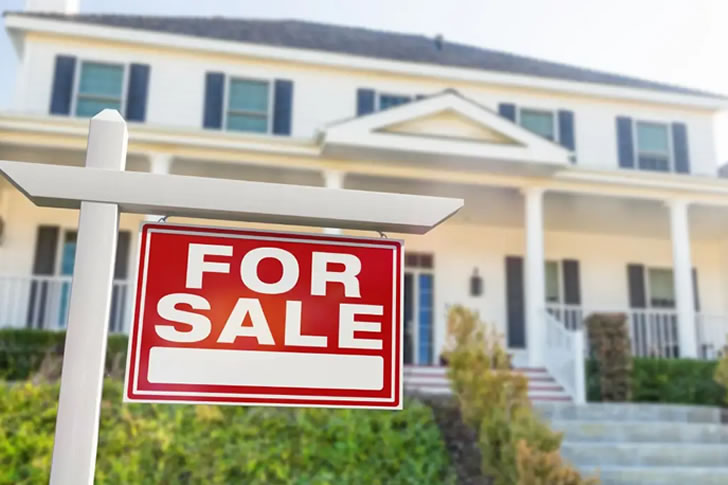How Much Is My House Worth? Know Your Home’s Value
In the ever-fluctuating real estate market, homeowners often find themselves wondering, “How much is my house worth?” Knowing the value of your property isn’t just beneficial when considering selling, but also for tax purposes, refinancing. We’ve carried out detailed research and might help you get a quick house valuation.

Why It’s Important to Know Your Home’s Value
For people, knowing the home’s value helps in making informed decisions about estate planning, property taxes, insurance purposes, and selling or renting. It’s also beneficial when considering a reverse mortgage. As per the National Council on Aging, reverse mortgages require precise valuation of the property to establish the amount you may borrow.
Professional Home Appraisal
A professional appraisal is the most reliable method for determining the value of your house. A certified appraiser will consider the home’s location, condition, size, and recent sales of similar properties in the neighborhood to provide an accurate market value. According to the Appraisal Institute, the average cost of a professional home appraisal can range between $300 to $450, but this varies based on the property’s location and complexity.
Real Estate Comparative Market Analysis (CMA)
Another method to gauge the value of your home is through a Comparative Market Analysis (CMA). This is often provided free by real estate agents and includes a thorough review of similar, recently sold homes in your area. The CMA helps in understanding what buyers might pay for your property in the current market. It’s less formal than an appraisal but still offers a good baseline.
Online Valuation Tools
Online valuation tools like Zillow’s Zestimate, Redfin Estimate, and others give an immediate but rough estimate of what your home might be worth, based on public records and user-input data. While convenient, these tools should be used with caution as they can provide skewed values due to outdated data or incomplete comparables.
Understanding Market Trends
Keep an eye on local housing market trends, as these can significantly affect your home’s value. For example, a seller’s market may inflate your home’s value, whereas in a buyer’s market, it might decrease. According to data from the Federal Reserve Bank of St. Louis, median sales prices of houses sold in the U.S. have seen an approximate increase of 5-6% annually over the past decade.
Local Area Developments
Improvements and developments in your area can boost property values. New schools, hospitals, transportation improvements, and other infrastructural developments contribute to this. Conversely, increased local crime rates or deteriorating community facilities might decrease it.
Physical Condition and Upgrades
The physical condition of your home plays a crucial role in its valuation. Regular maintenance and updates like HVAC replacements or roofing can maintain or increase its value. A study by the National Association of Realtors found that bathroom remodels and kitchen upgrades are among the top modifications that enhance home valuation.
Property Taxes and Assessed Value
Your local municipality’s assessment of your property can also provide insight into its value. This assessed value is often lower than market value but gives a conservative benchmark. Always compare this value with your own market research or professional appraisals for more accuracy.
Next Steps for people
If you are considering selling, talk with several local real estate agents who can offer personalized insights and assistance. For property tax concerns or disputes, consider consulting with a tax advisor or property tax attorney specializing in your locality.
In conclusion, understanding the value of your home ensures that you are well-equipped to make strategic financial decisions. Whether planning for retirement amenities, considering moving, or simply ensuring your estate is accurately valued, the right information empowers you to manage your property effectively.







Recent Comments